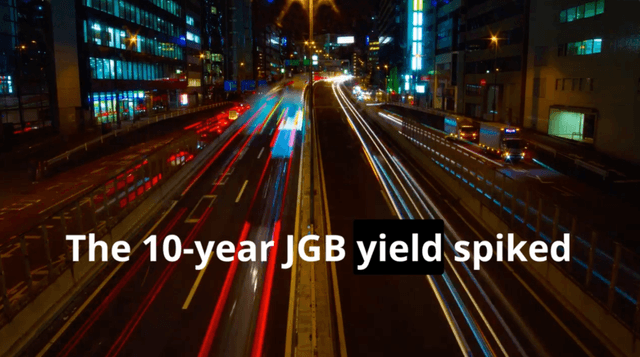Biofrontera surges as Ameluz hits primary endpoint in critical Phase 3 AK trial
Biofrontera (NASDAQ:BFRI) has achieved a significant clinical milestone, announcing that its Phase 3 trial of Ameluz® photodynamic therapy (PDT) met its primary endpoint for the treatment of mild-to-moderate actinic keratoses (AK) located on the extremities, neck, and trunk.





-640x360.jpg&w=1200&q=75)
-640x360.jpg&w=1200&q=75)













